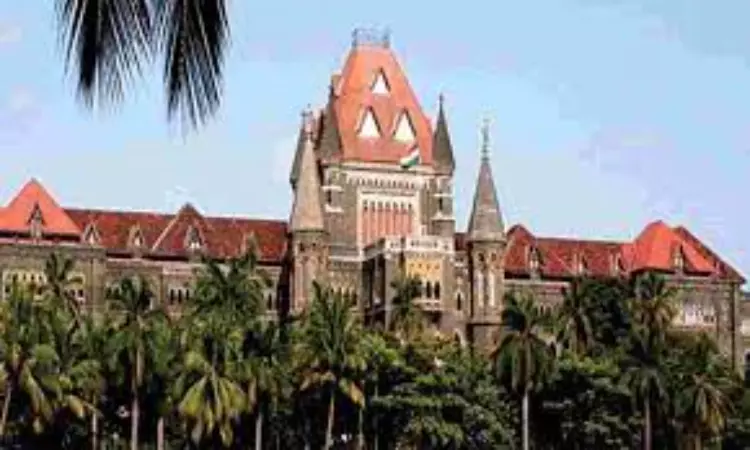Merely Brandishing Newspaper Cuttings Doesn't Prove Sharing Commercial Expertise: Bombay High Court
Mariya Paliwala
12 May 2024 2:00 PM IST

Next Story
12 May 2024 2:00 PM IST
The Bombay High Court has held that merely brandishing newspaper cuttings does not amount to proof of sharing commercial expertise with its French counterpart as mandated by Section 80-O of the Income Tax Act.The bench of Justice K. R. Shriram and Justice Neela Gokhale has observed that Section 80-O was inserted in place of Section 85C, which was deleted by the Finance (No. 2) Act, 1967....
